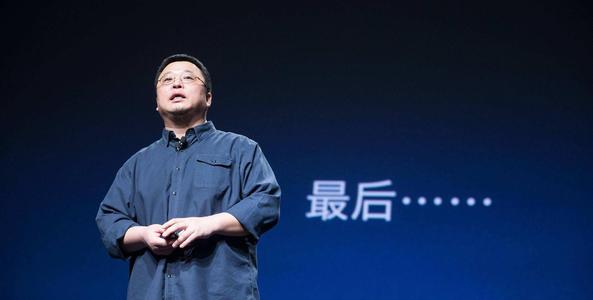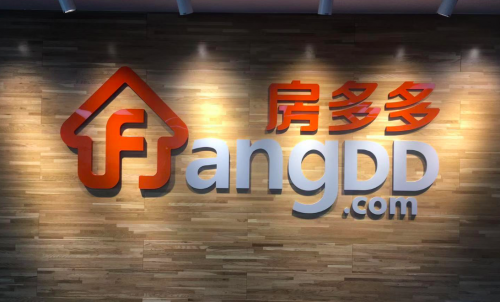The Career Shift From Employed to Independent

Career independence is on the upswing, and according to a recent survey conducted by FreshBooks, the majority (7 in 10) of self-employed inpiduals have no intention of returning to traditional employment. Instead, they intend to grow their business. The fact is that primary roles in the economy are no longer "employer and employee."We have shifted toward an"independent professional and client" economy. 58003
The mindsets of employer and employee have become untethered.
Most baby boomers wanted job safety and dependability. It was the prevailing mindset of the generation. Many professionals born in the 1950s and reaching retirement age now have worked for the same employer for more than 30years. In return, they received desirable health benefits, countless perksand a defined-benefit retirement plan.
Butmany professionals born in the 1970s, 1980sand 1990s find this approach no longer viable. The mindsets of employer and employee have become untethered.
Corporations are pushing employees away -- and toward career independence.
Here are three examples:
Employers have switched from defined-benefit to defined-contribution retirement plans to reduce costs and liabilities. While the short-term advantage is a stronger balance sheet, the long-term impact is a degradation of the bond between employer and employee.Employers have shifted toward a higher percentage of contract workers, even for high-skilled needs. FTEs (full-time employees) are viewed as costly and inflexible. The cost of health benefits is often equivalent to more than 20 percentof an employee’s salary. 58003 Many independent workers must invoice the company for their services. The invoices are then paid out of consulting and project budgets.Taken together, the connective tissue between employer and employee is tearing away. Meanwhile, professionals in the middle of their careers now want job persity and autonomy. There’s too much risk in staying with one employer for an entire career.
In response to the push from corporations, there is a massive movement toward self-employment.
Not only does self-employment offer increased flexibility and uncapped income, workers don’t want to be swallowed up by the politics and paper shuffling of large corporations. Today 1 in 3 Americans is working for themselves. There are countless examples -- digital marketers, Uber drivers, pR consultants, restaurant owners, AirBnB hosts, legal professionals, tour guides, photographers, etc.
Here are three ways workers are pulling away further:
Working-age Americans are rejecting the 9-to-5 construct. Workers want flexible hours that accommodate personal priorities. There is a higher premium on work completed and results rather than hours logged.Workers are getting smart about personal branding. Whether its LinkedIn, personal websitesor other marketing opportunities, workers are presenting themselves first and foremost in a way that pushes employers to the background.Workers are more interested than ever in gaining experiences instead of tenure. Ask this question to an early or mid-career professional -- Would you rather spend the next six years at one job or two years at three different jobs if the income is the same? The answer is the latter – the perse experiences likely foster more growth and learning.All of this is exacerbated by how easy is it to become a one-person business. If someone has something physical to sell (whether it was made or purchased), she or he can list it on eBay, Shopify, Etsyor Facebook in minutes. If someone has a service to offer, she or he can market the service through online and offline social networks in minutes. A “side hustle” is just the beginning for career independence.
Acquiring clients is the critical skill in the new economy.
那又怎样?58003 Think of the marketplace platform as a transition state.
The benefit of using marketplace platforms is that the platform itself captures demand. These platforms, likeUber, AirBnB, Upwork, Fiverr and so on, allow anyone to feel the power of career independence without having to sell. It’s a first step toward self-employment. But, it’s not sustainable because these platforms effectively set the rates and own the client relationships.
The challenge facing anyone serious about self-employment and building a sustainable small business is learning how to market products or services effectively. If she or he can win clients (and on her or his own terms), success is attainable. However, that doesn’t mean independent workers don’t still have to deliver projects effectively, nurture client relationships, manage financesand plan for the future.
Here’s the thing --career independence is the future. The sooner anyone can demonstrate the ability to win and retain clients, the sooner she or he takes a driver’s seat in new economy.












